Navigating Web3: Revolutionizing the Internet, Its Promise & Challenges
Web3 - A Glimpse into the Future
Web3, the blockchain-based evolution of the internet, holds the potential to reshape our digital world in profound ways. Sophie Nappert, co-founder of ArbTech, shares her insights into this transformative concept, its vast potential, and the hurdles it faces on its path to realization.
Web3 vs. Web1 and Web2: A Historical Perspective
"Web3 is a blockchain-based web featuring cryptocurrencies, NFTs, DAOs, decentralized finance. It offers a read/write/own version of the web, and online communities in which users can have a financial stake and influence," Sophie explains.
Web3 stands as the next evolutionary step, offering users an active role in shaping the digital landscape. It builds upon its predecessors, Web1 and Web2, where Web1 marked the dawn of internet interaction through static web pages, and Web2 is the current centralized internet era dominated by social media and user-generated content.
““Web3 has the potential to destroy the monopolistic control of information and money-making, and to rewrite the rules of how Internet users organize themselves. Corporations, with their hierarchical organization and centralized decision-making, are out; DAOs, online communities with flat organizational structures, are in.””
Sophie Nappert further explains Web3 and what it means for the future of law in the ArbTech Lexicon.
Democratizing the Digital Realm: Web3's Promise
"Web3 has the potential to destroy the monopolistic control of information and money-making, and to rewrite the rules of how Internet users organize themselves. Corporations, with their hierarchical organization and centralized decision-making, are out; DAOs, online communities with flat organizational structures, are in."
Web3, characterized by tokenization, holds the promise of democratizing access to financial resources and ownership. This innovation enables the conversion of valuable assets, like art, into digital tokens, offering inclusivity and opportunities for economic participation.
Challenges on the Horizon: Sustainability and Speculation
However, the path to realizing this vision is not without its challenges. Sophie Nappert identifies two critical concerns. Firstly, the environmental impact of blockchain technology raises sustainability questions. Secondly, the allure of cryptocurrencies for speculative and fraudulent activities poses risks.
"The environmental impact of blockchain technology, as well as crypto's allure for speculative and fraudulent activities, stand in the way of mainstream adoption."
Governance and Regulation: Ensuring Web3's Stability
Yet, the most pressing challenge is the current lack of regulation and governance within the Web3 economy. This absence has resulted in extreme volatility and vulnerability within the ecosystem.
"The Web3 economy is unregulated, currently (too) light on governance (including dispute resolution management) and, as a result, extremely volatile and vulnerable."
Hybrid Models: Balancing Decentralization and Regulation
To address these challenges, hybrid blockchain models are emerging. These models blend elements of public and private approaches, aiming to provide a balance between decentralization and regulation. They seek to bolster the stability and security of Web3 while preserving its transformative potential.
Navigating Web3's Promising Landscape
Web3 embodies a vision for the future of the internet, offering a decentralized, user-centric alternative to the centralized web. It is a high-risk, high-reward work in progress, with the potential to redefine digital landscapes and empower individuals in unprecedented ways. Sophie Nappert's insights provide valuable guidance as we embark on this transformative journey into the realm of Web3, navigating its promise and challenges with a cautious optimism for a brighter digital future.




